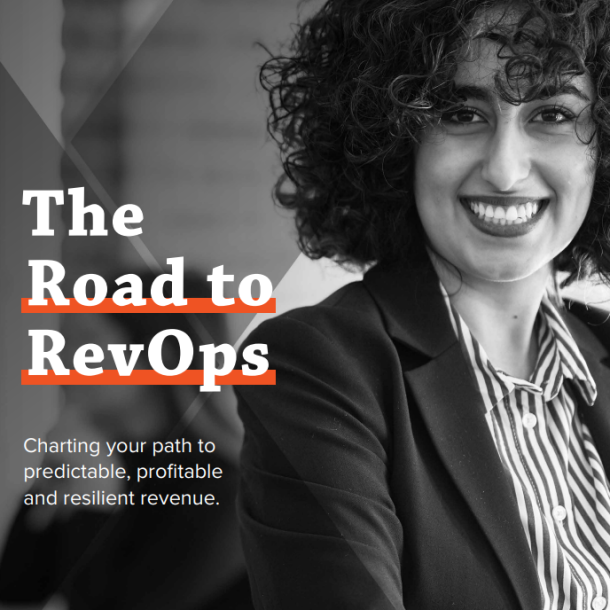WALK A MILE IN THEIR SHOES
It is half-past one on a scorching Singapore afternoon. Randal heaves his school bag on to his shoulders and trudges home, exhausted after a long day of classes. He knocks at the house door but receives only silence in response. He fumbles in his bag for the house keys, then opens the door to a forlorn, empty house. His mother has been looking for work even though most employers turn her away when they hear of her health issues. With an incarcerated father and few relatives, Randal has become used to being chronically hungry. His stomach rumbles but there’s no food on the table. The kitchen is in disarray, just like the rest of the house with dirty dishes and laundry piled up everywhere. The cupboard where they usually stock the monthly dry rations from the government lies empty. In the fridge, he finds a small bowl of rice left over from the night before. He hesitates for a second wondering if this was his mother’s dinner, but now being ravenous, the food is gone in a minute. Now begins the long, lonely wait for his mother to return home.
Chrissy, PaperplaneCo founder, recalls first hearing about latchkey children like Randal from a friend working with Children’s Wishing Well, a charity in the studio’s neighbourhood. “2016 was a bumper year for PaperplaneCo. We had worked hard and our efforts had paid off. With the year on its way out and Christmas around the corner, I wanted to put the gratitude I felt into action. That’s when I heard about Children’s Wishing Well.”
When she heard about how difficult the children’s circumstances were, Chrissy was immediately drawn to working with the charity. Chrissy and the rest of the PaperplaneCo team reached out to Georgie Chong at Children’s Wishing Well and we found that they were running a few different programs for latchkey children.
Their signature program, Grant-A-Wish, helped needy students with necessities for education, health, and basic living. They launched Career GPS soon after to help children visit local businesses and meet real life role models — to start them thinking of their own pathways to success. Then there was Food for Families, where each month, the Wishing Well staff would pack and distribute groceries to more than 100 families. Seventy percent of these beneficiaries lived in flats that are 3-room or smaller. Food packs were distributed all across the island, with each grocery pack containing staples such as rice, noodles, cooking oil, canned food, biscuits, cereals, milk, and spreads.
“We could see the difference the Children’s Wishing Well was making in the lives of these children. I knew we could help them expand their reach to more donors.” — Chrissy
















